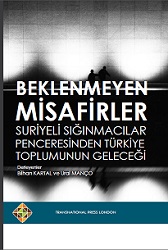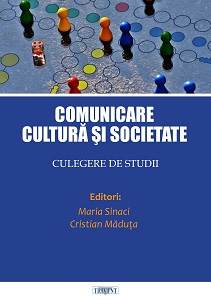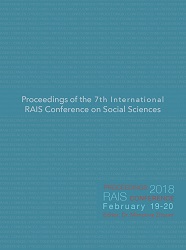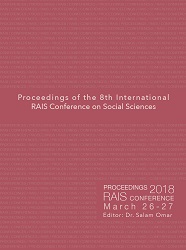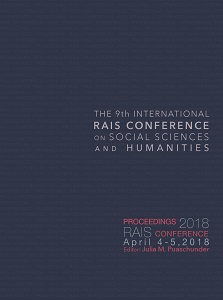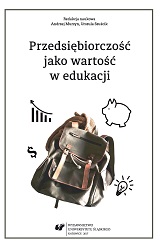
Brakujące element kształtowania przedsiębiorczości w przestrzeni edukacyjnej
This article presents selected issues of contemporary theory of education in relation to today outlining the socio‑economic context and in particular to a wide range of entrepreneurship. Particular attention is paid to those elements of the theory of education, which directly refer to the shaping of attitudes and personality traits correlate with the requirements of the modern labor market. The author tries to justify the thesis that reeupdate some parts of the theory of education, which are included in the elements of self, ie. emotional intelligence, financial intelligence, teleology will be much smaller jump between academic knowledge and the expectations derived from the labor market and the contemporary socioeeconomic challenges and contain in a wellunderstood enterprise or care about the present in relation to our future.
More...
